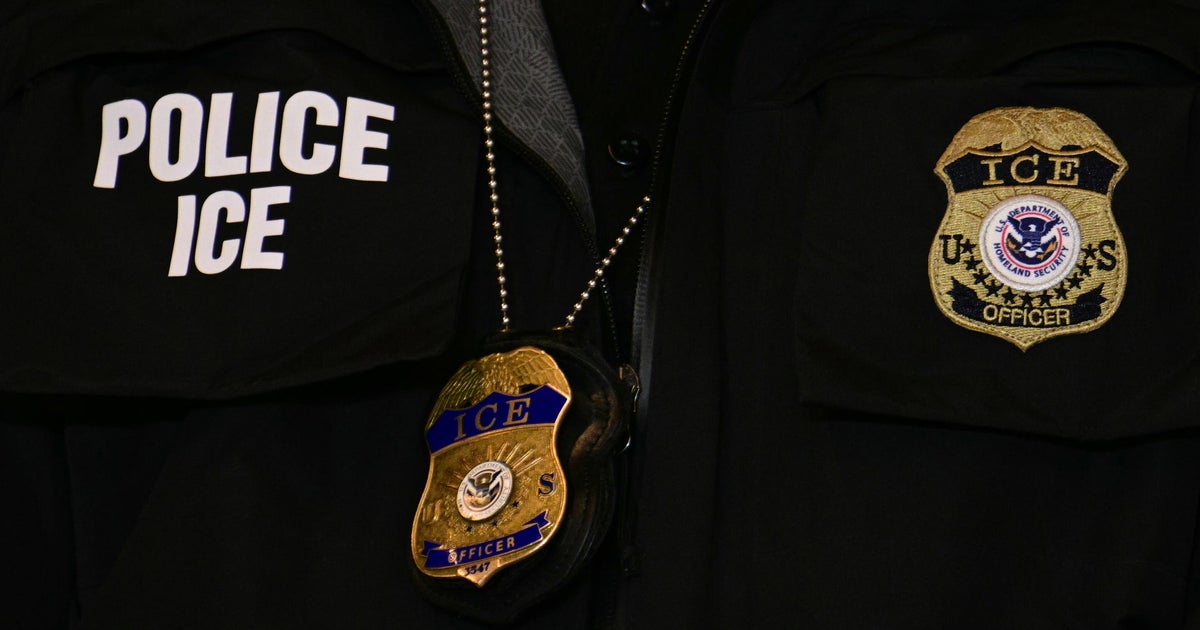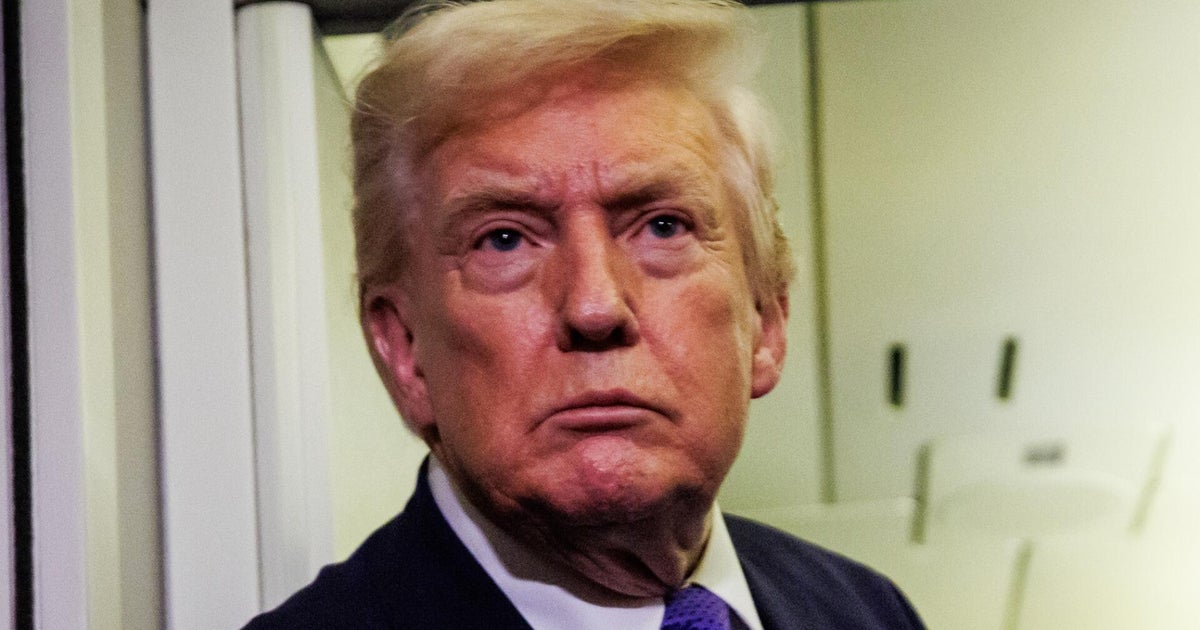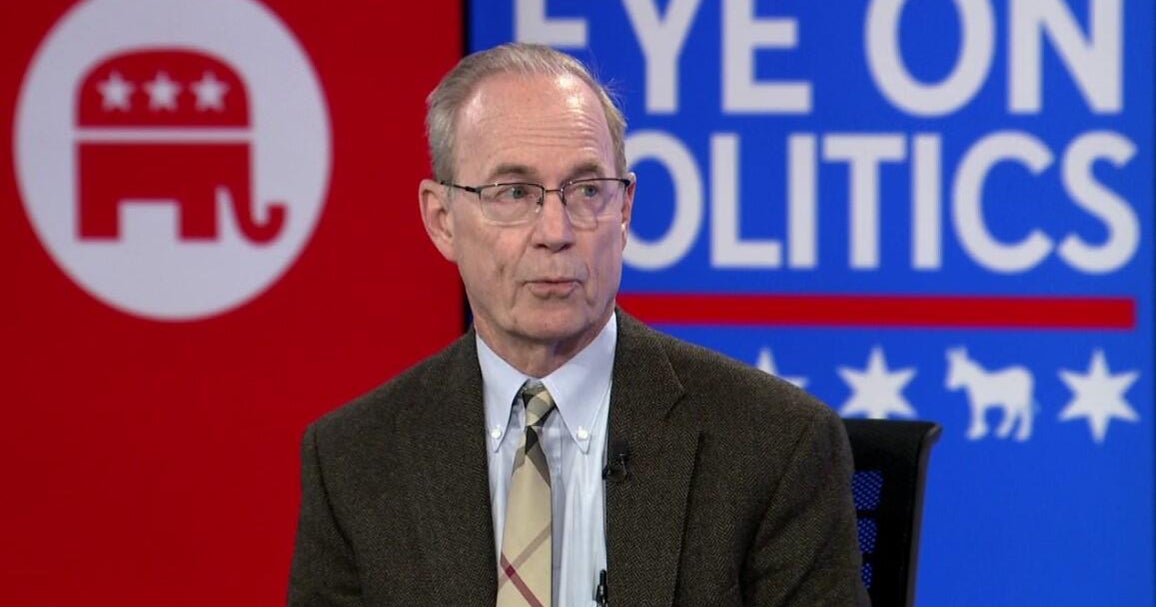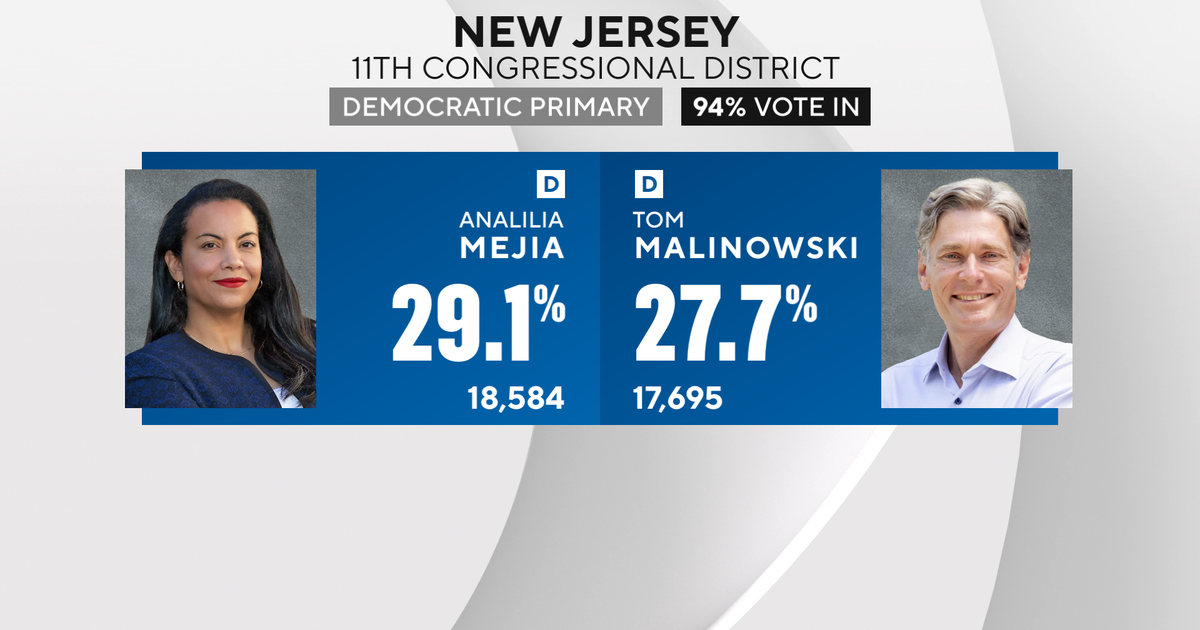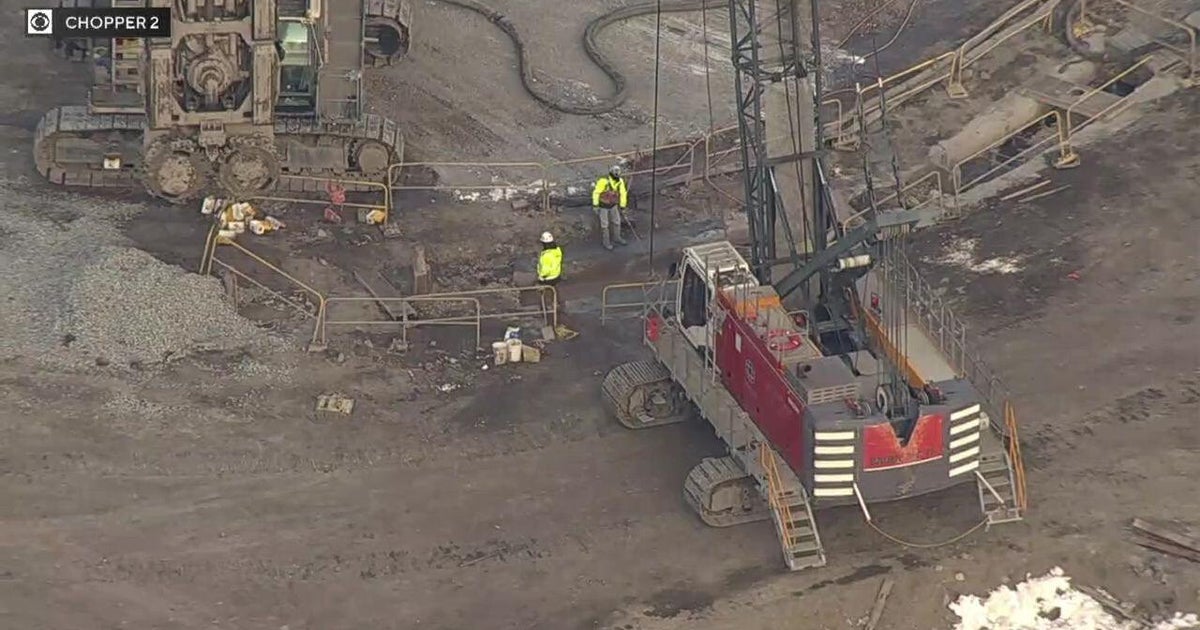10 Things To Watch On Election Day
Follow CBSDFW.COM: Facebook | Twitter
NEW YORK (CBS NEWS) - It's finally here. Almost 19 months after Hillary Clinton announced her presidential bid -- and almost 17 months since Donald Trump announced his -- Election Day 2016 is here, and voters are heading to the polls to pick the next President of the United States. With tight races in a handful of battleground states, the night has the potential to be a long one. With that in mind, here's a CBS News guide for things to keep an eye on Tuesday.
1. What time do we have a winner?
How late a night will political observers and campaigns have? In 2008 and 2012, major networks and news organizations projected a victory for President Barack Obama on the early side -- at around 11:00 p.m. or shortly thereafter, once polls had closed on the West Coast and blue states like California could be added to Mr. Obama's electoral vote totals. In 2012, for example, every state except Florida was called at some point Tuesday night -- Florida was the sole state where vote-counting dragged into the Wednesday after Election Day.
Whether 2016 is an early night or a late night depends on how close the margins are in key battleground states, like Florida or Ohio.
2. What's the winner's electoral vote margin?
Mr. Obama won the 2008 presidential race with 365 electoral votes, well above the 270 necessary to be elected president. He won by a slightly smaller but still decisive margin in 2012, taking 332 electoral votes to Republican Mitt Romney's 206.
Setting aside the nightmare scenario in which there's a 269-269 Electoral Collegetie -- which is possible but not probable -- what is the winner's electoral vote margin on Tuesday night? That answer could have a big impact in what happens in the days following Election Day.
Clinton's team is hoping for a decisive victory, which could help put to rest Trump's claims that the election is "rigged" against him. If she wins by a narrower electoral vote margin, however, that could add more fuel to the fire for Trump supporters who believe the election has been stolen from their candidate.
3. Any trouble at the polls?
Speaking of claims that the election has been "rigged," there's been increased concern that there will be trouble or violence on Election Day. While there are always some isolated reports of ballot problems or other polling place issues, will this year see problems that are more widespread than usual?
There's some reason for concern. Trump has frequently told his rallies that there is widespread voter fraud in the country, calling on them to help ensure the integrity of the voting process especially in urban areas like Philadelphia and Detroit.
As a result, there there have been a number of court challenges to voter intimidation laws, including one provision that was struck down in Ohio just on Sunday. Plus, there's also the concern that Russia or another foreign entity will do something to disrupt voting on Election Day, given the hacking attempts on several state voting systems in the months leading up to Tuesday.
4. If Trump loses, does he concede?
It is a truth universally acknowledged that the candidate who loses delivers a concession speech to his or her supporters -- or at least, it has been in past elections. But Trump's suggestion at the final debate that he may not accept the results of the election has cast doubt on whether this accepted part of election practice will actually happen.
"I will look at it at the time," he said. "I'm not looking at anything now. I'll look at it at the time."
Trump's running mate, Mike Pence, worked to walk back Trump's comments immediately after the debate, saying the GOP ticket will "certainly" respect the outcome of the election. But it's hard to imagine Trump getting on stage in New York Tuesday night and delivering the kind of gracious concession speech that, for example, John McCain gave in 2008.
If Trump loses, how does he respond? And what, in turn, do his supporters do?
5. Black turnout
President Obama turned out African American voters in record numbers in both 2008 and 2012, helping him win states like Virginia (in 2008 and 2012) and North Carolina (in 2008). An open question for 2016 has always been whether someone other than the country's first black president could reach that same level of turnout among the African American community.
Early voting numbers suggest that in key states like North Carolina, African American turnout is below 2012 levels -- but that's not always indicative of overall turnout. What do the final numbers look like among this demographic, and how does that affect Clinton's overall margin in African American-heavy states?
